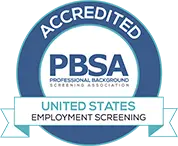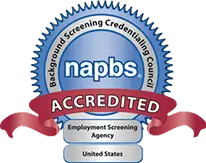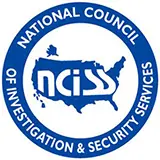 As professional investigators who work regularly with corporate clients. including HR departments, corporate counsel, security leadership and outside counsel, with new clients, we sometimes encounter some reluctance to hiring a private investigative agency. This leads us to explain why investigating employee misconduct is not optional.
As professional investigators who work regularly with corporate clients. including HR departments, corporate counsel, security leadership and outside counsel, with new clients, we sometimes encounter some reluctance to hiring a private investigative agency. This leads us to explain why investigating employee misconduct is not optional.
The reluctance always seems to stem from one concern: their will be a negative perception to hiring a PI to spy on one of our employees.
Lets begin with the idea that hiring a professional to investigate an employee is negative. Professional investigators do not spy. They do conduct the appropriate type of investigation to try and prove or disprove an allegation of wrong doing. The reason you are using a PI to do this is because they are the exact tool you need to do the job correctly. This is what they do. They were trained for it. They are court recognized experts at it, etc. etc. The problem lies not in the private investigators, but in the Hollywood portrayal of same. Almost nonstop since the 1960s, television shows have been airing about PIs doing all manner of unrealistic, crazy, unprofessional, unethical things, and are watched by millions. Today’s corporate investigators are far removed from that world, but the perception is that we are reckless and cross the line for our clients. If you are doing even the slightest due diligence on the investigative agency you are planning on working with, you can quickly discern the experts from the small time, spouse chasers who are truly not capable of working on most corporate matters, and even they are not capable of the trouble caused by TV PIs.
To further clarify why hiring a professional investigator is the proper move when facing an allegation of employee misconduct, think of the other options. You can conduct the investigation though your internal staff, but this creates a number of undesirable byproducts and raises some issues too. Whoever performs the investigation will certainly be known forever as the one who gets coworkers fired. No one in your organization will look at them the same. Another issue is the training and experience of the person you select internally and how they may not be qualified to conduct such an investigation. The results may suffer. Personal issues between employees, supervisors, ideas of secondary gain and the like can also cause conflicts with an internally conducted investigation, despite your best intentions. Even if you fall back on the “companies” outside legal counsel to conduct the investigation, it smacks of bias given that they are always on managements side of such matters. In short, getting a qualified outside investigator to conduct an impartial investigation is critical.
Lastly, one can site the need to protect everyone’s interests, from shareholders to managers, from coworkers to the accused, and even outside regulators with compliance needs by using a third party. All of these constituents have a stake in achieving an unbiased outcome to the investigation.
For more information on why investigating employee misconduct is not optional, or to talk with one of our professionals, please call us today at 888-677-69700









